Papal Conclave: Cardinals Receive Candidate Dossiers
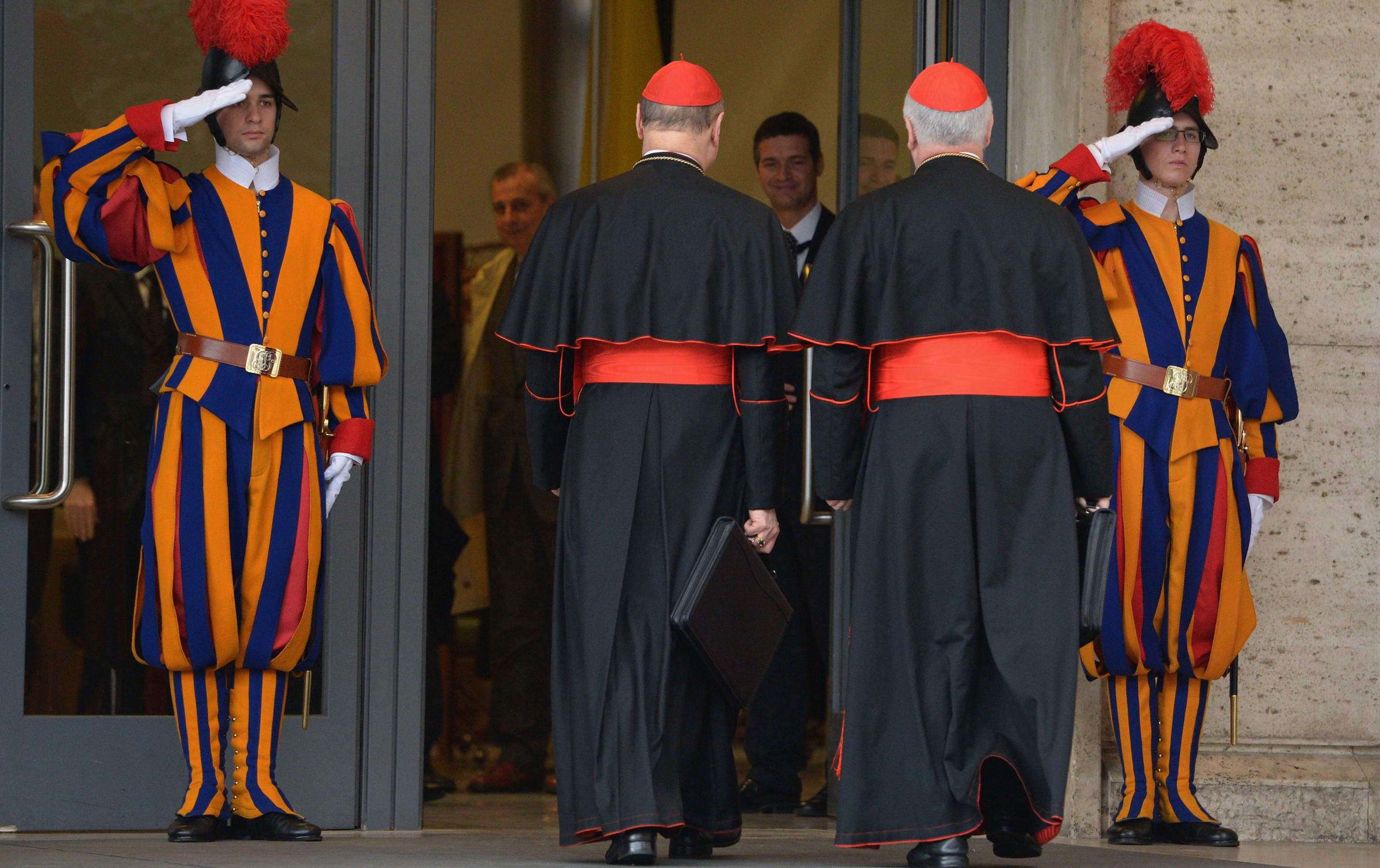
Table of Contents
The Importance of Candidate Dossiers in the Papal Conclave
These dossiers are far more than simple biographical summaries; they are comprehensive assessments, crucial to the Cardinals’ informed decision-making. They provide invaluable insights into candidates' theological viewpoints, leadership capabilities, administrative skills, and overall suitability for the papacy, significantly influencing the final vote.
- Theological Depth: The dossiers provide detailed information on each candidate's theological stances and interpretations of Church doctrine, ensuring a thorough understanding of their beliefs.
- Pastoral Experience: They highlight past pastoral experiences, administrative roles, and successes in managing dioceses or other Church entities, demonstrating their practical leadership skills.
- Strengths and Weaknesses: Each dossier includes frank assessments of each candidate's strengths and weaknesses, potentially highlighting areas of concern or controversy, allowing for a balanced evaluation.
- Global Perspective: The dossiers offer crucial insight into candidates' global perspectives and their ability to address the multifaceted challenges facing the modern Catholic Church worldwide.
Information Contained within the Candidate Dossiers
These documents are meticulously compiled, covering a wide spectrum of information to provide a comprehensive profile of each eligible Cardinal. The level of detail ensures a well-rounded understanding of each candidate's suitability for the papacy.
- Biographical Details: Detailed biographical information is included, encompassing education, career progression, and key appointments within the Church hierarchy.
- Expert Evaluations: Evaluations from bishops, theologians, and other highly respected Church officials familiar with each candidate's work are incorporated, offering diverse perspectives.
- Health Assessment: A crucial element is the assessment of the candidate's health and fitness to serve as Pope, considering both physical and mental well-being. This ensures the future Pope can effectively fulfill their demanding role.
- Published Works and Statements: A summary of significant publications, speeches, or public statements made by the candidate is included, reflecting their theological and pastoral positions and providing context for their views.
Challenges Faced by Cardinals During the Dossier Review Process
The sheer volume of information and the immense pressure to make a crucial decision for the global Catholic Church create significant challenges for the Cardinals during this critical period.
- Information Overload: Sifting through extensive information to identify key strengths and weaknesses of each candidate requires careful analysis and discernment.
- Balancing Personal Preferences and Church Needs: Cardinals must balance their personal preferences with the diverse and often complex needs of the global Catholic Church.
- Objective Evaluation: Navigating potential biases and ensuring an objective evaluation of each candidate’s qualifications is paramount for a fair and just selection.
- Maintaining Secrecy: Maintaining absolute confidentiality and secrecy throughout the review process is crucial to preserve the integrity of the Conclave and avoid undue influence.
The Secrecy Surrounding the Papal Conclave
The secrecy surrounding the Conclave is paramount. This secrecy, extending to the handling of the dossiers, ensures an unbiased and uninfluenced decision-making process, free from external pressures. The sanctity of this process is vital to maintaining the credibility and authority of the Church's leadership selection.
The Impact of Candidate Dossiers on the Election of the Pope
The information meticulously compiled within these dossiers plays a pivotal role in shaping the Cardinals' understanding of each candidate and ultimately influences their votes.
- Informed Decision-Making: The dossiers facilitate informed decision-making based on factual information rather than speculation or hearsay, leading to a more judicious choice.
- Uncovering Hidden Potential: The in-depth review process has the potential for identifying unexpected candidates with strong qualifications who might otherwise have been overlooked.
- Mitigating Risk: The dossiers help mitigate the risk of selecting a Pope unsuitable for the contemporary challenges facing the Catholic Church, ensuring a leader prepared for the complexities of the 21st century.
Conclusion
The Papal Conclave and the thorough review of candidate dossiers are critical processes in selecting the next leader of the Catholic Church. The dossiers equip Cardinals with the necessary information for informed decisions, ensuring the future Pope is well-prepared to guide the Church. Understanding the complexities of these dossiers enhances our comprehension of this deeply significant event. For more in-depth information on the intricacies of the Papal Conclave, continue your research and stay informed about this historic event.

Featured Posts
-
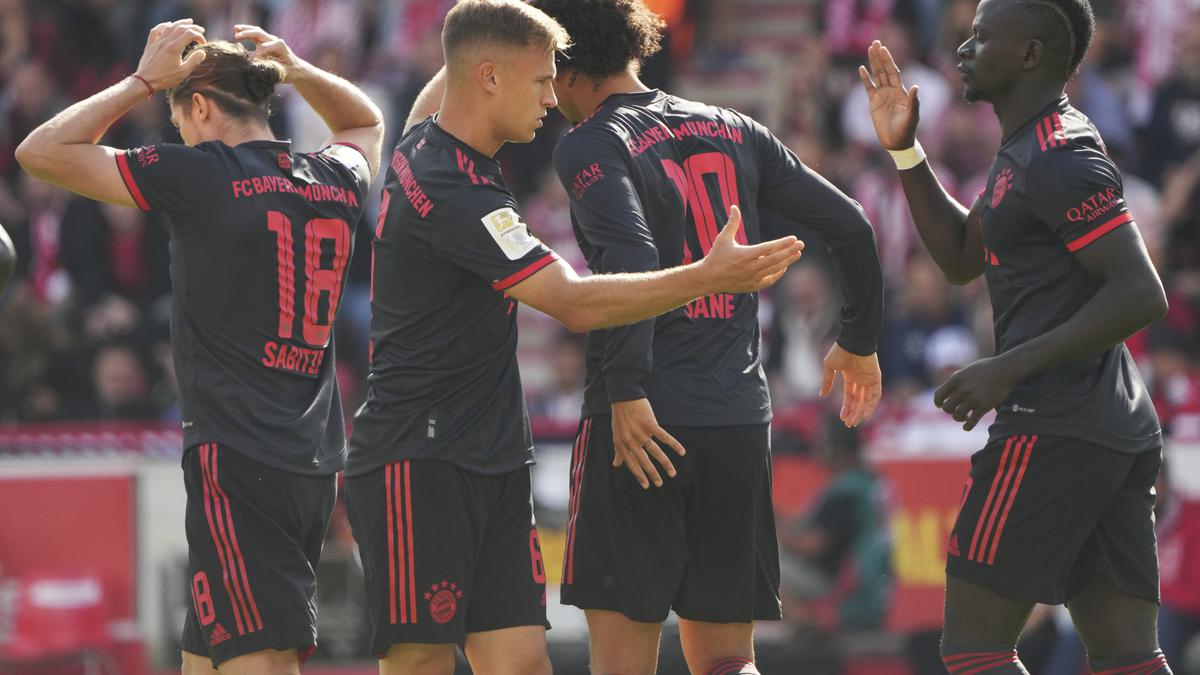 Inter Milan Upsets Bayern Munich In Champions League Quarterfinal
May 08, 2025
Inter Milan Upsets Bayern Munich In Champions League Quarterfinal
May 08, 2025 -
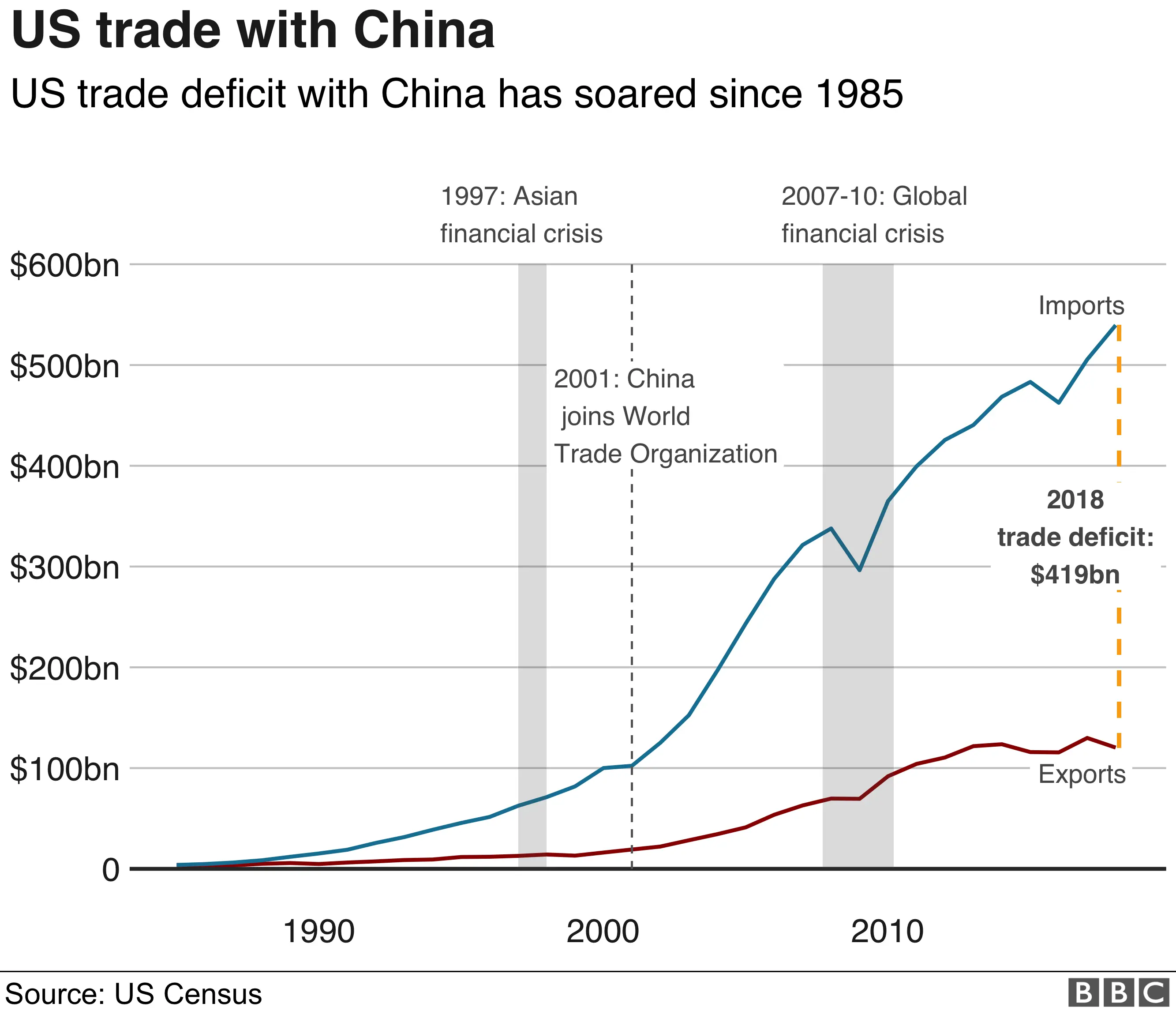 Lower Rates Easier Lending Chinas Economic Response To Tariffs
May 08, 2025
Lower Rates Easier Lending Chinas Economic Response To Tariffs
May 08, 2025 -
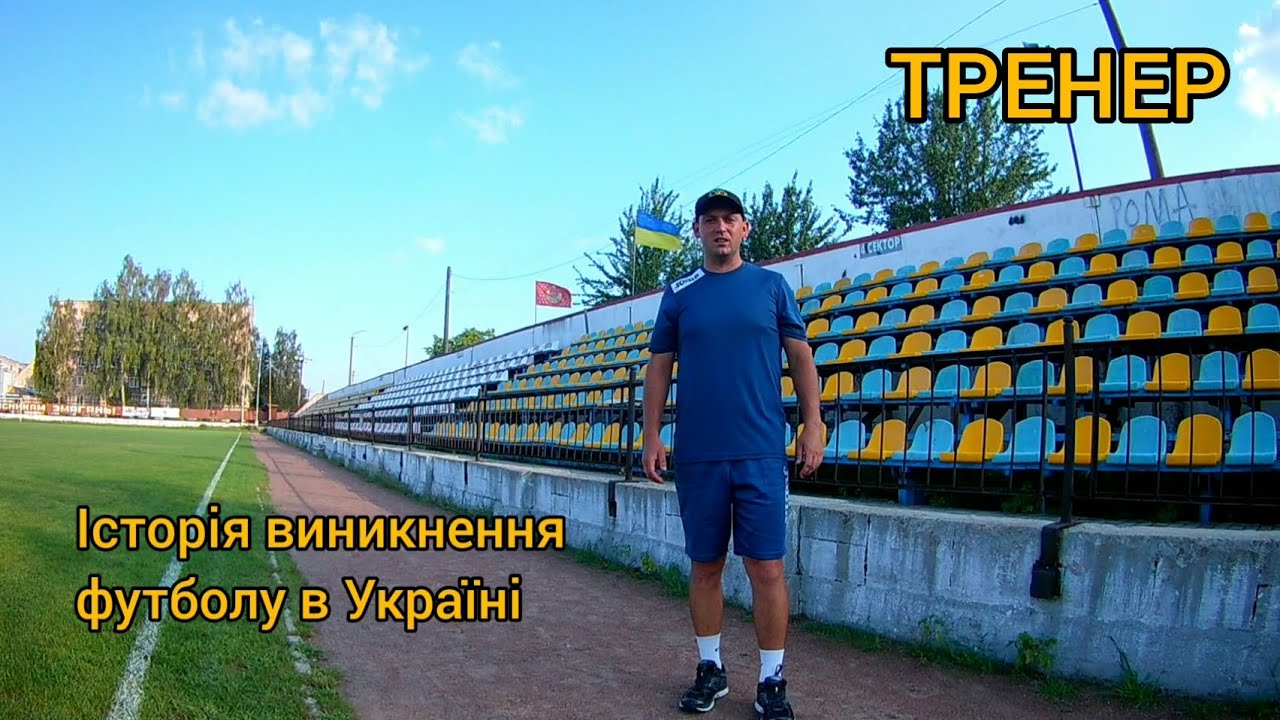 Istoriya Matchiv Ps Zh Ta Aston Villi V Yevrokubkakh
May 08, 2025
Istoriya Matchiv Ps Zh Ta Aston Villi V Yevrokubkakh
May 08, 2025 -
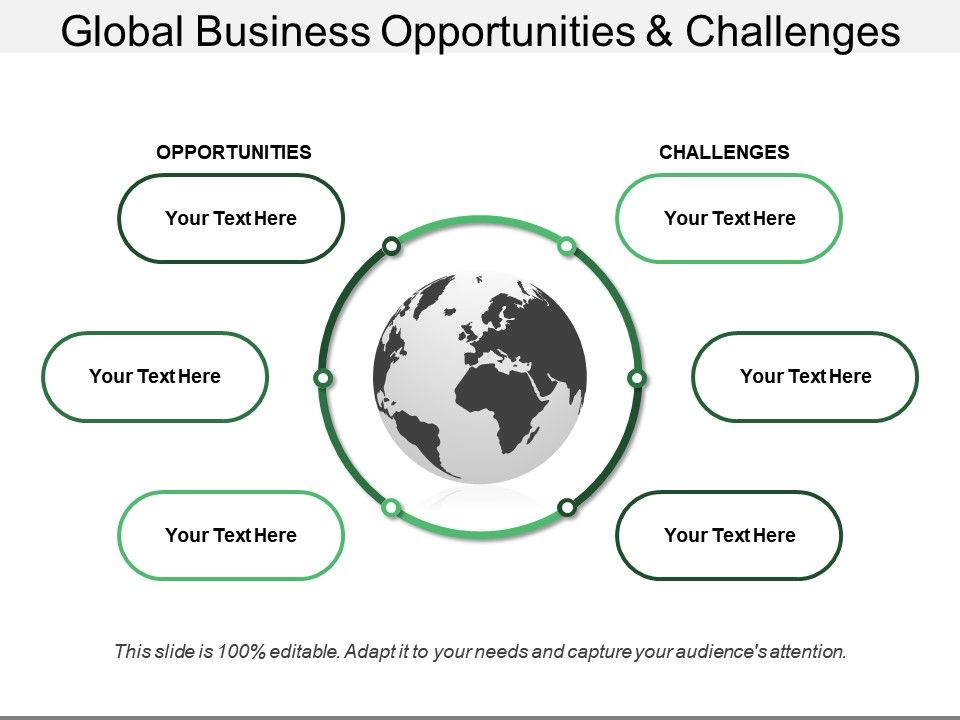 Navigating The Great Decoupling Challenges And Opportunities
May 08, 2025
Navigating The Great Decoupling Challenges And Opportunities
May 08, 2025 -
 Dodger Mookie Betts Misses Freeway Series Opener Due To Illness
May 08, 2025
Dodger Mookie Betts Misses Freeway Series Opener Due To Illness
May 08, 2025
Latest Posts
-
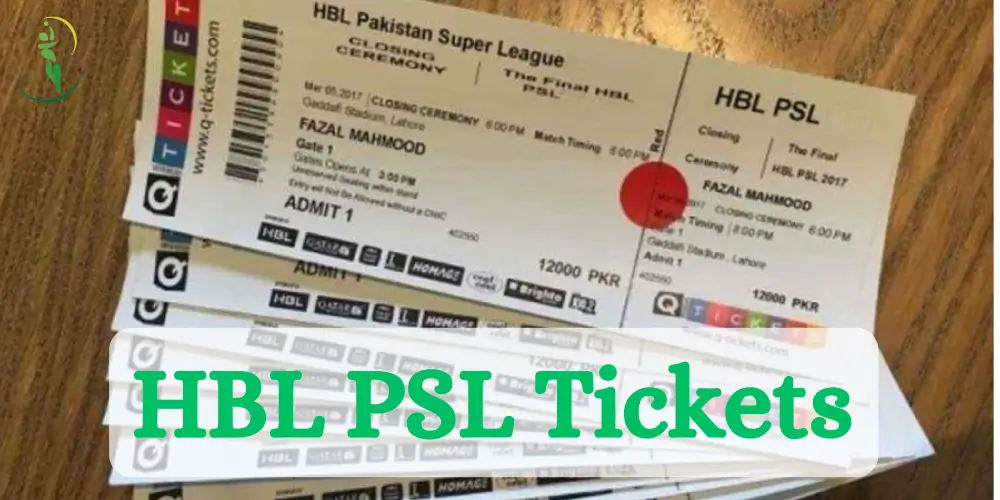 Psl 10 Tickets Available Today Get Yours Now
May 08, 2025
Psl 10 Tickets Available Today Get Yours Now
May 08, 2025 -
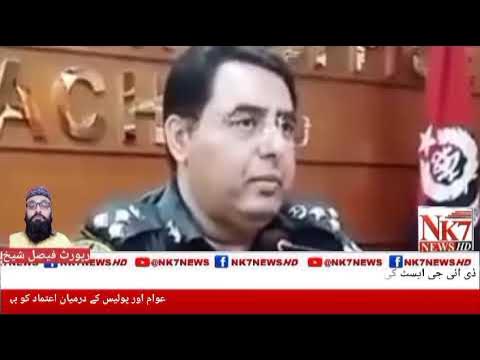 Krachy Pwlys Ky Naahly Jawyd Ealm Awdhw Ka Byan
May 08, 2025
Krachy Pwlys Ky Naahly Jawyd Ealm Awdhw Ka Byan
May 08, 2025 -
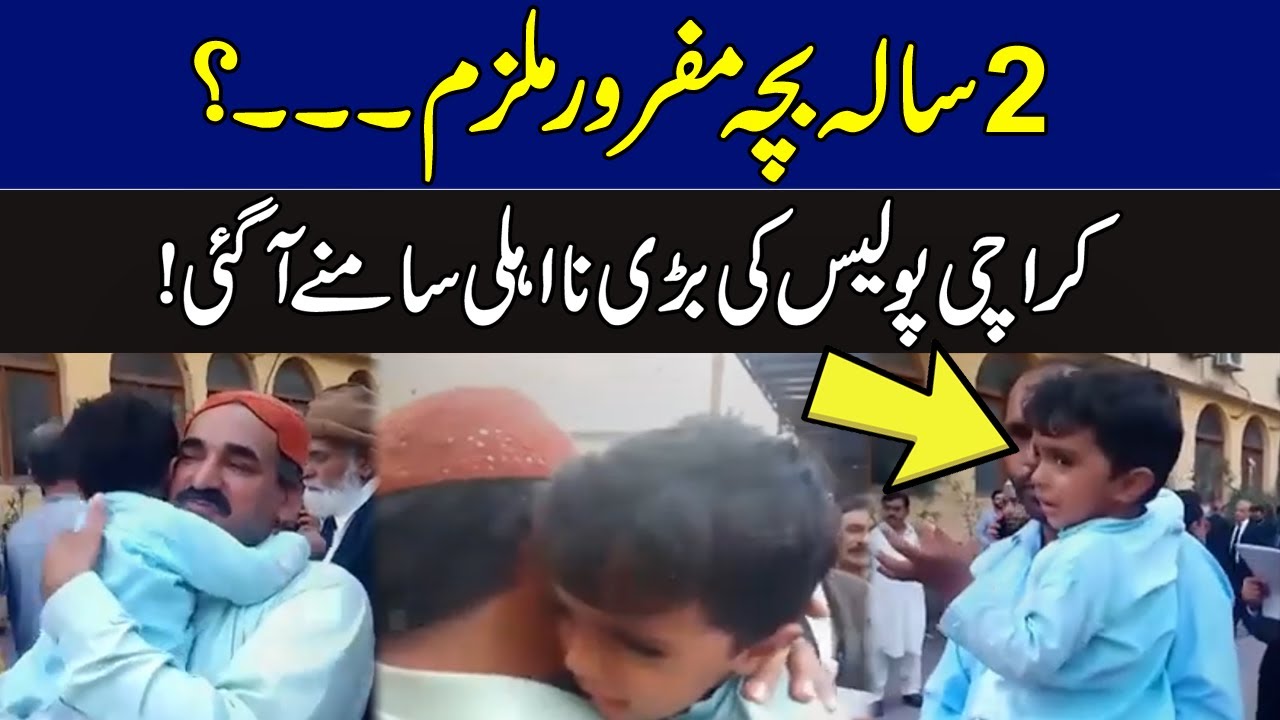 Arman Kys Krachy Pwlys Chyf Ka Naahly Ka Aqrar
May 08, 2025
Arman Kys Krachy Pwlys Chyf Ka Naahly Ka Aqrar
May 08, 2025 -
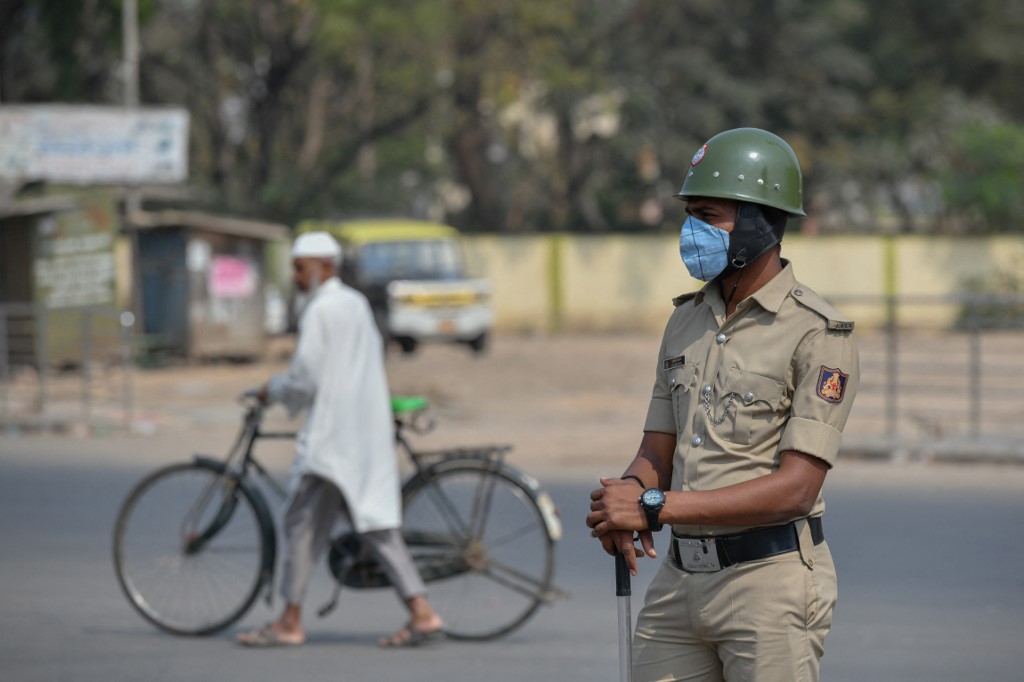 Jawyd Ealm Awdhw Ka Armghan Kys Myn Pwlys Ky Karkrdgy Pr Aetraf
May 08, 2025
Jawyd Ealm Awdhw Ka Armghan Kys Myn Pwlys Ky Karkrdgy Pr Aetraf
May 08, 2025 -
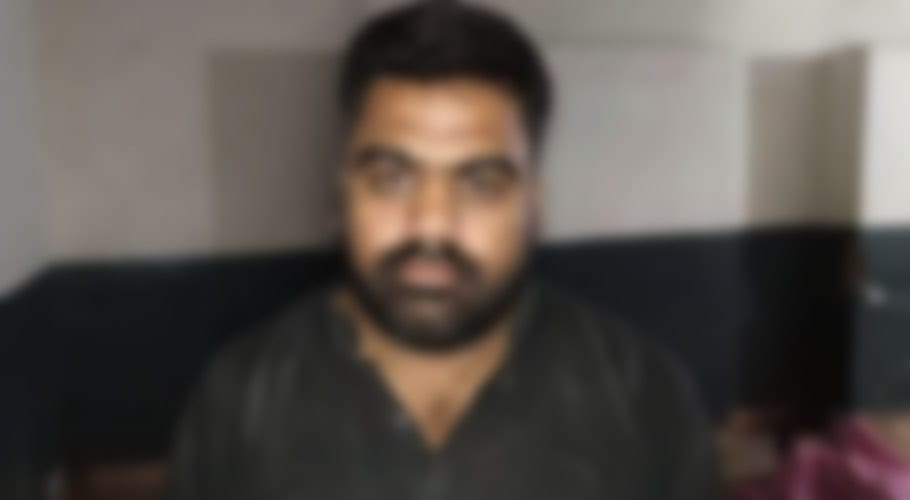 Krachy Pwlys Srbrah Ka Armghan Kys Myn Naahly Ka Aetraf
May 08, 2025
Krachy Pwlys Srbrah Ka Armghan Kys Myn Naahly Ka Aetraf
May 08, 2025
